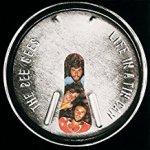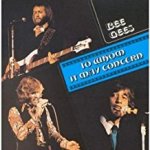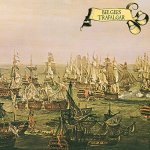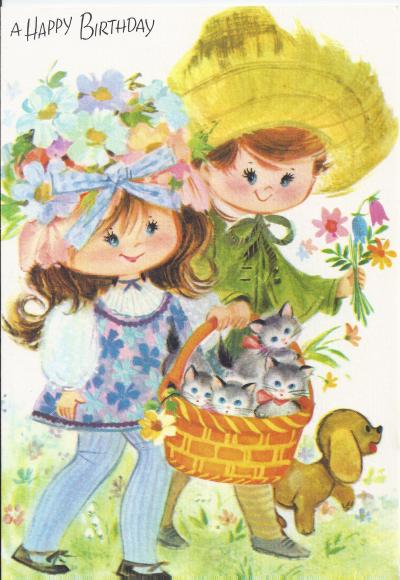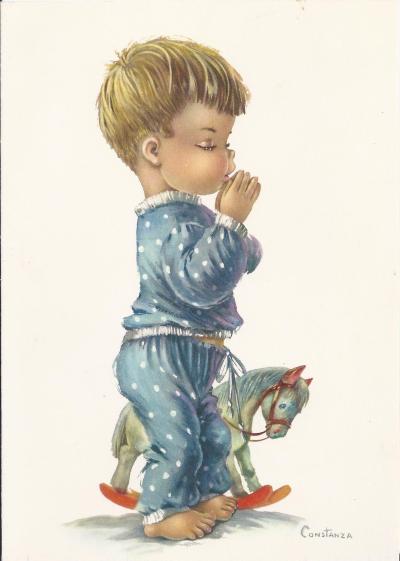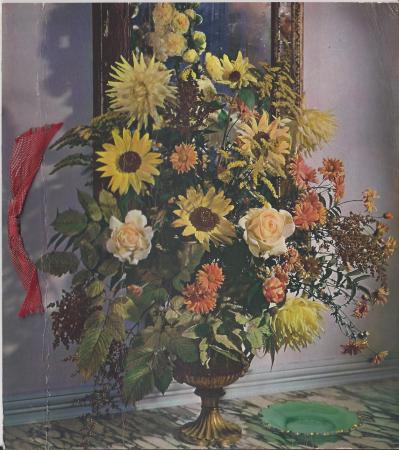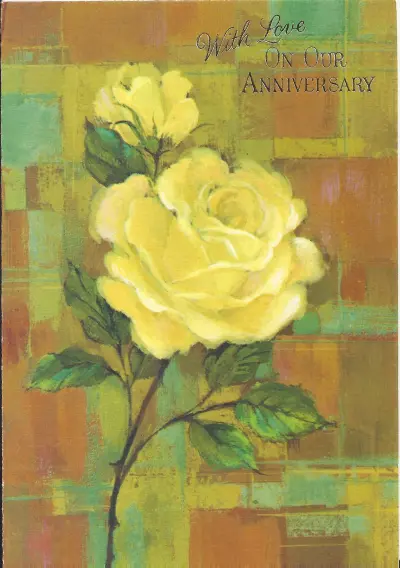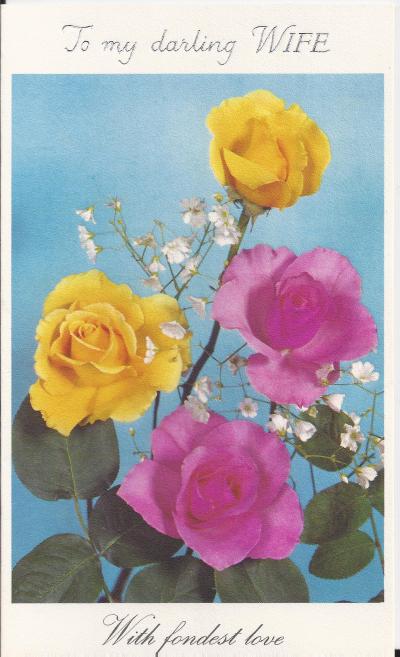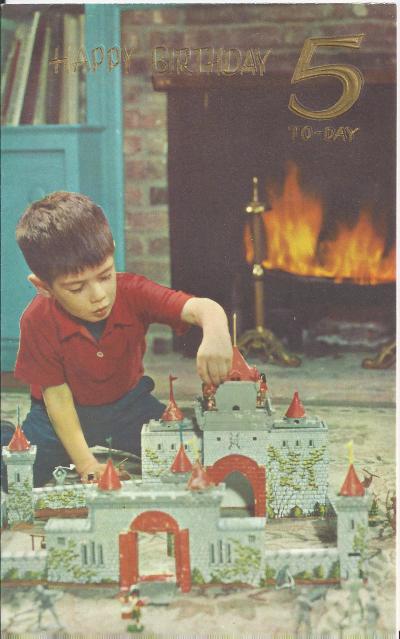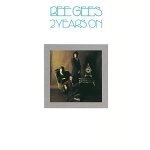The last of three albums the Bee Gees recorded in 1972, A Kick in the Head is Worth Eight in the Pants was unissued thanks to the underperforming and underwhelming Life in a Tin Can.
Yet, despite its jokey title, A Kick in the Head… is reckoned to be the worthier contender and deservedly so. Barry and Robin are in healthy vocal shape and the ballad heavy songs are at least well crafted. More attention is paid to production than with its predecessor adding to an assured feel.
Sugar and grit
But still the writing lacks genuine inspiration. The overall effect is of too much sugar and not enough grit. Lonely Violin is the chief offender. Despite an undeniably fetching melody it’s just too calculating to be really touching. Lonely Violin wants to be taken seriously yet cannot truly touch me. And yet neither does it tip into outright parody, Cucumber Castle style.
The most successful track is the striking Elisa, with its slow-build chorus gradually drawing us in. Harry’s Gate extends nostalgic reminiscence into near self-mythology but it’s one of the more impressive songs here lent extra impact by the three brothers singing in unison on the chorus’ shared memories.
Production tends towards default lush as if hi-sheen surface alone demonstrates a quality product whereas it most likely suggests an overfriendliness towards AOR radio, ironic given that this album never made it onto the airwaves. Like others, I can hear another Barry at times – Manilow – in the album’s romantic, schmaltzy sensibility.
Soft underbelly
And maybe that hints at the problem I have with the Bee Gees come 1972/73. In 1968, they simply wrote one freshly-minted song after another, put across with conviction, urgency and flair. Many were about lost love yet each conveyed a different emotional flavour. But five years down the line the Bee Gees’ emotion is like a kind of bland, en masse ‘thing’. They sound like a band producing what they think the public expects of them, no more and no less.
Four songs produced in London in early 1973 (King and Country, Jesus in Heaven, Life, Am I Wasting My Time? and the atypically political Dear Mr. Kissinger) are unfortunately not as compositionally strong as the best of the LA bunch.
It’s not hard to see why, at this point, even if at least one of the 1972 trio had fared rather better commercially, a change was required to relight the brothers’ fire. The Bee Gees’ soft underbelly was about to be made lean once again.
A Kick In the Head is Worth Eight in the Pants [1973]
Side 1
Elisa
Wouldn’t I Be Someone
A Lonely Violin
Losers and Lovers
Home Again Rivers
Side 2
Harry’s Gate
Rocky LA
Castles In the Air
Where is Your Sister
It Doesn’t Matter Much to Me*
Singles 1973 [related to A Kick In the Head…]
Wouldn’t I Be Someone
Elisa
* ‘It Doesn’t Matter Much to Me’ was B-side to 1974 single ‘Mr Natural’ from their album of that name.

